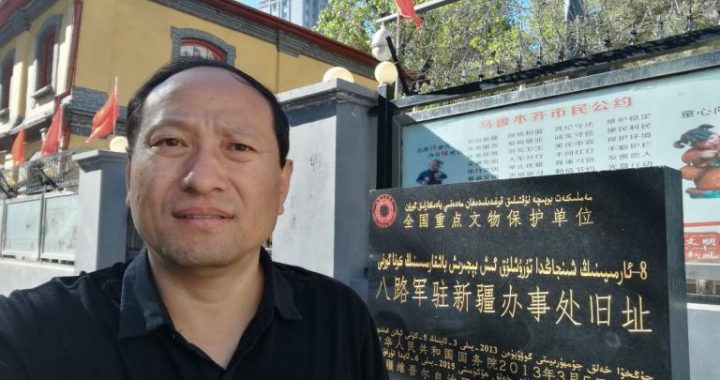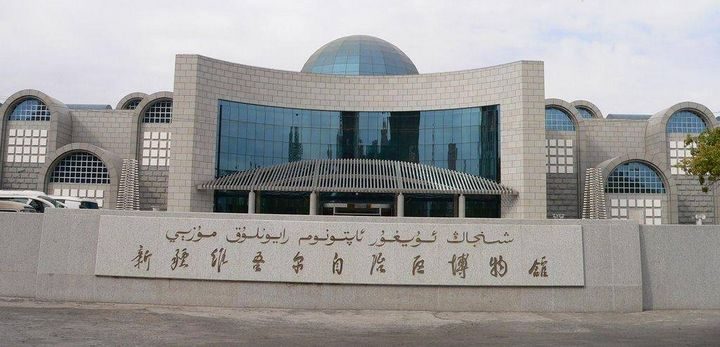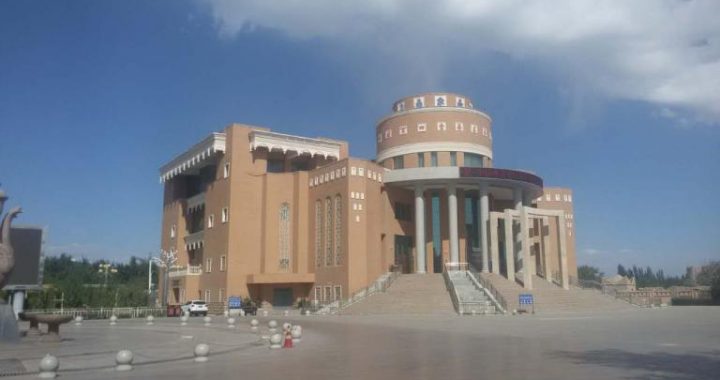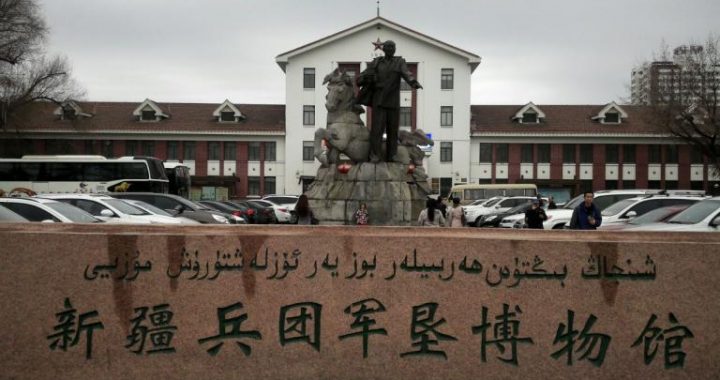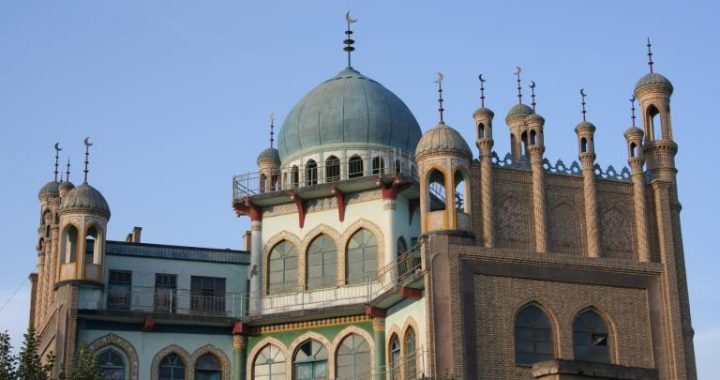Link of Domestic Affection:Family
3 min readMost traditional families of Uygur,Kazak,Kirgiz,Uzbek and Tatar where authority of the husband dominates are commonly small patriarchal families based on marital relationship.Family members usually contain immediate relatives in three generations,seldom in four or five generations.In the families with many children,the sons will live on their own when they get married,but one son who is usually the youngest must be left with parents to attend them when they are old.Kazak,Kirgiz and Mongolian nomad ethnic groups generally let their youngest son to inherit the family property.When the sons in famiies with many children get married,they will leave their parents taking a portion of property and build another yurt for themselves.

Although the sons can dwell alone,they eat and live with their families.If the son’s family cannot afford a new yurt,the son can dwell with parents and unmarried brothers and sisters in a yurt temporarily after he gets married.
When conditions allow,the family will build a new yurt for the married son.Bynow,apart from some daily necessities,the family also should give the married son some livestock.
Most family forms of Tajik, Hui and Xibe ethnic groups are generally big patriarchal families. The big traditional Tajik family form is maintained and preserved by agriculture-nomad and settlement-nomad method for production and living. For a long time, the Tajik people regard single household as one production unit. In the tough alpine cold environment, because small families cannot overcome difficulties such as coldness, blizzarc and poor resources, and cannot supply more labor forces and production materials needed by a variety of business activities such as agriculture-nomad activity, most families are multigenerational. If you enter a Tajik family randomly, you will be moved at once by the scene where the old and young people help each other in difficulties and all the family members who respect the old and help the young unite together in harmony. The man in the highest seniority in the family manages the productive activities and household livelihoods. Fathers are responsible for passing on productive techniques and labor skills in animal husbandry and agriculture to the sons. Mothers are in charge of educating daughters and teaching them milking and cooking.A traveler once described a big Tajik family: In a village of sundry houses piled by stones, I met my first Tajik friend, EImar Alvater, who was a native. He formed a big family with his wife, two children, his younger brother and sister-in-law. In Han families, this kind of big family shall be separated into several small families. However, in the agriculturenomad areas of Pamir, if parents are alive, Tajik people would not separate.

Paternal patriarchal family commonly exists in Xinjiang minority. In the family, authority of husband and father are superior to everything. All the affairs of the family are dominated by the father and husband. Wife must comply with her husband and children must follow their parents. In this family, as the head of the family, the father or husband is an organizer of theproduction and management of the whole family as well as a manager anddistributor of the household income, having the authority of ruling and dominating the family. The parents have obligations of naming, raising, educating their children and dominating the marriage of their children.
Children also have the obligations of serving their parents while living and giving proper burial after death. In modern families, the status of men and women is becoming equal. The men have the say about important family affairs, but they generally respect women’s views in daily family affairs, and the daily family affairs are mainly codetermined by the couple.
After the founding of the People’s Republic of China, with the radical change of social institution and economic foundation, the marriage and familyof Xinjiang’s minority have changed substantially. Minorities’ transformations of social traditions not only inherit past fine traditions, but also reform some laggard customs, such as polygamy, arranged marriage, inbreeding, exchanging marriage and early marriage, and many new contents have been added. Especially after the new Marriage Law was issued, the marital autonomy of Xinjiang’s minority young people is protected sufficiently by the law. Young people can select their spouses freely and build a happy and harmonious new-typed family on the basis of free love and constantly mutual understanding.A new trend of equality and harmony appears in these families.




